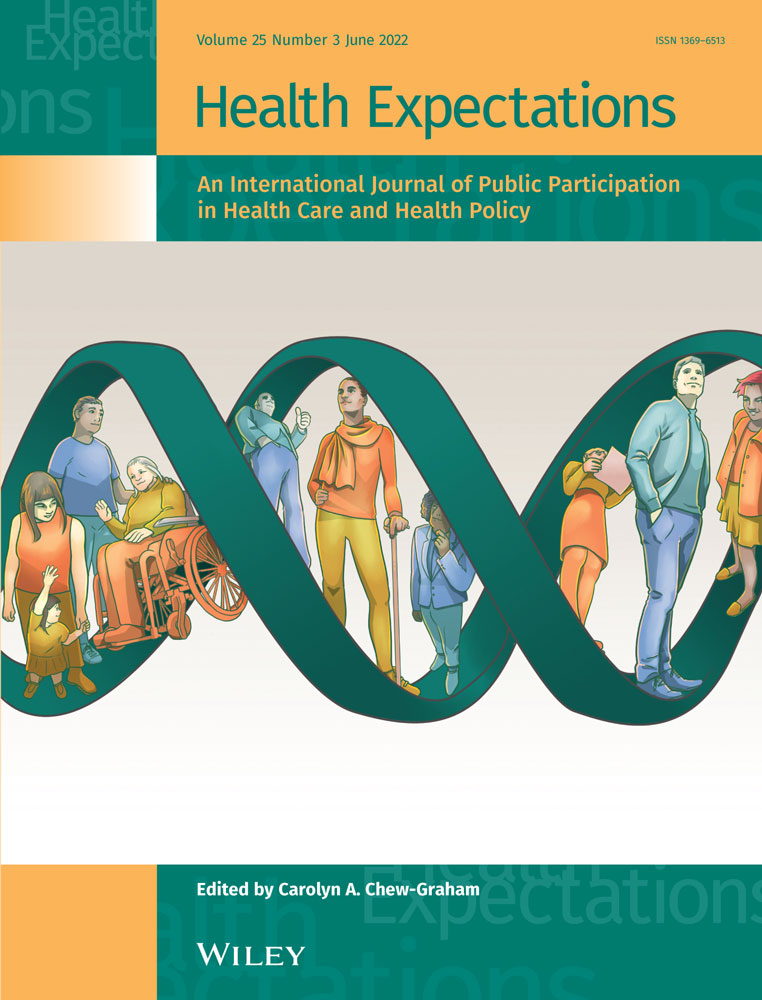Assessing the experience of person-centred coordinated care of people with chronic conditions in the Netherlands: Validation of the Dutch P3CEQ
Abstract
Background
Countries are adapting their health and social care systems to better meet the needs of growing populations with (multiple) chronic conditions. To guide this process, assessment of the ‘patient experience’ is becoming increasingly important. For this purpose, the Person-Centred Coordinated Care Experience Questionnaire (P3CEQ) was developed in the United Kingdom, and translated into several languages.
Aim
This study aimed to assess the internal and construct validity of the Dutch P3CEQ to capture the experience of person-centred coordinated care of people with chronic conditions in the Netherlands.
Participants and Methods
Adults with chronic conditions (N = 1098) completed the Dutch P3CEQ, measures of health literacy and patient activation, and reported the use and perceived quality of care services. Data analysis included Principal Component and reliability analysis (internal validity), analysis of variance and Student's T-tests (construct validity).
Results
The two-component structure found was pretty much the same as in the UK validation study. Sociodemographic correlates also resembled those found in the United Kingdom. Women, persons who were less educated, less health-literate or less activated experienced less person-centred coordinated care. P3CEQ scores correlated positively with general practitioner performance scores and quality ratings of the total care received.
Conclusion
The Dutch P3CEQ is a valid instrument to assess the experience of person-centred coordinated care among people with chronic conditions in the Netherlands. Awareness of inequity and more attention to communication skills in professional training are needed to ensure that care professionals better recognize the needs of women, lower educated or less health-literate persons, and improve their experiences of care.
Patient Contribution
The P3CEQ has been developed in collaboration with a range of stakeholders. Eighteen persons with (multiple) chronic conditions participated as patient representatives and codesign experts in (four) codesign workshops. Other patient representatives participated in cognitive testing of the English-language instrument. The usability of the P3CEQ to capture the experience of person-centred coordinated care of older persons has been examined by interviewing 228 older European service users, including 13 living in the Netherlands, as part of the SUSTAIN project. More than a thousand persons with chronic conditions participated in the validation study of the Dutch P3CEQ.
CONFLICT OF INTERESTS
The authors declare that there are no conflict of interests.
Open Research
DATA AVAILABILITY STATEMENT
The data that support the findings of this study are available from the corresponding author upon reasonable request.




